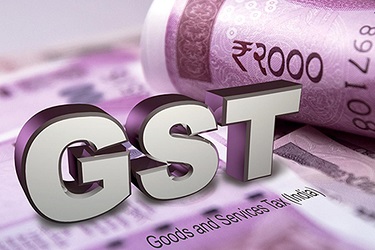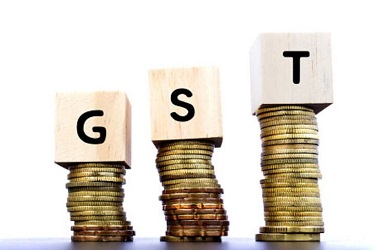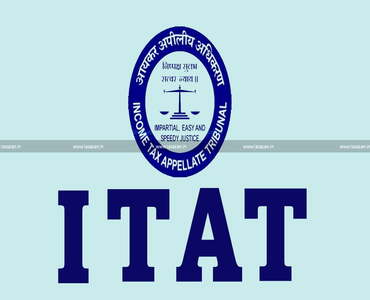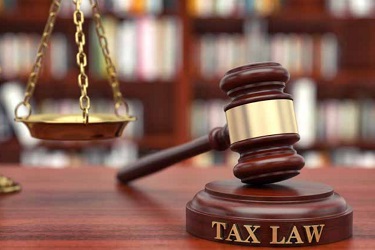Introduction The new section 16(5) of the CGST Act allows taxpayers to claim Input Tax Credit (ITC) for a certain period. This is a helpful step by the government to support GST-registered businesses in claiming their unused ITC for the financial years 2017-18 to 2020-21. They can do so until November 30, 2021. This section …















